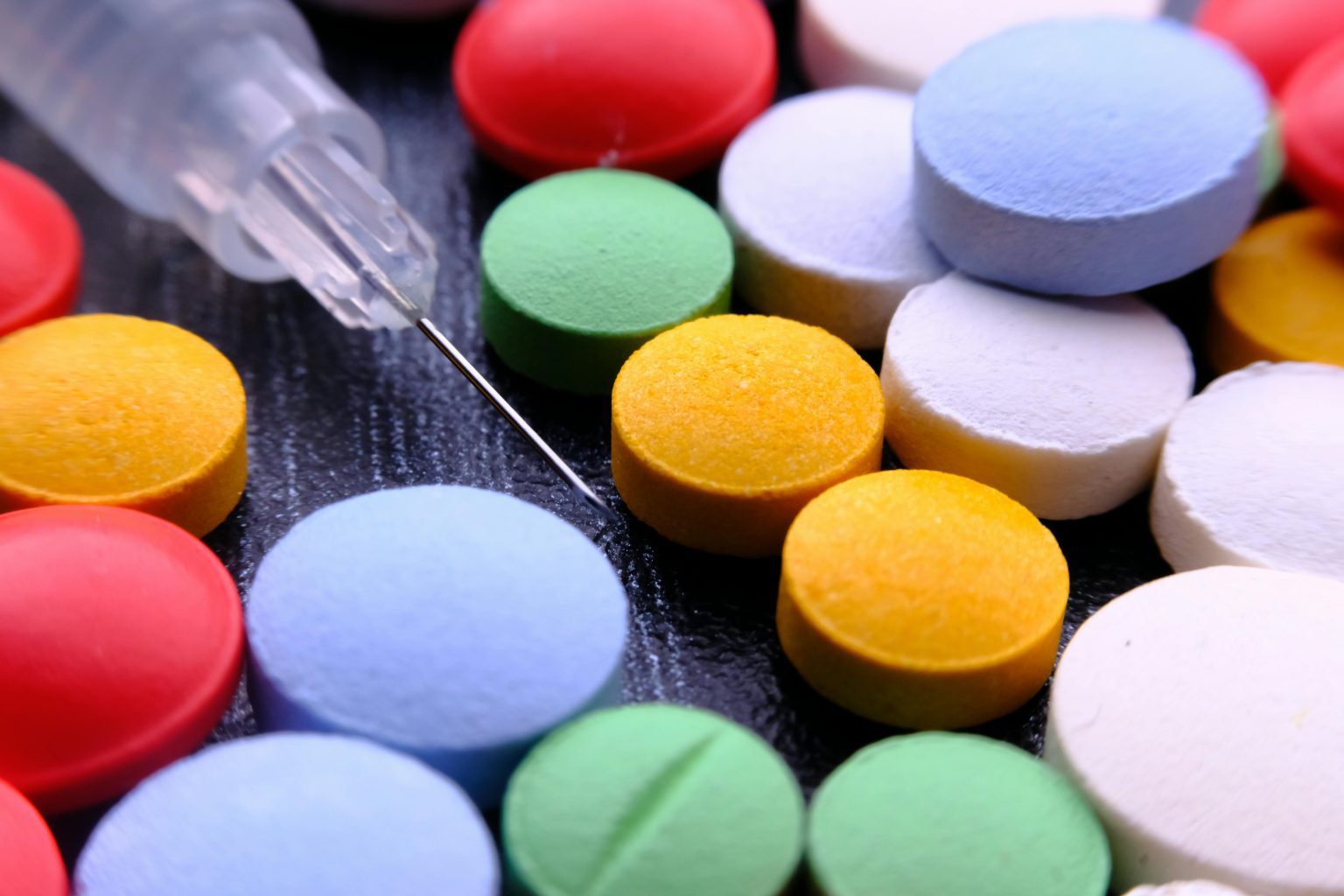Watching a teenager struggle with substance use can be one of the most painful experiences a parent faces. Yet, finding the right form of treatment can be just as overwhelming. Many families seek help that doesn’t involve removing their child from home, school, or familiar surroundings. In these cases, outpatient addiction treatment provides a path toward recovery that offers structure without complete separation from everyday life.
While inpatient care is often necessary for severe cases, outpatient programs are an effective alternative for many teens in the early or moderate stages of substance use disorders. These programs are designed to provide consistent support while allowing adolescents to maintain their daily responsibilities. Understanding the elements of outpatient care and how it differs from other forms of treatment can help parents make informed decisions during a challenging time.
Recognizing the Advantages of Outpatient Treatment
Outpatient programs provide therapeutic support while allowing teens to stay at home, continue schooling, and maintain family involvement. This setup can be especially helpful for adolescents who have a supportive home environment and do not require 24-hour supervision. The flexibility of outpatient care can reduce disruptions in a teen’s academic, social, and emotional development, which is critical at such a formative stage of life.
Additionally, outpatient treatment encourages real-time application of coping skills. Since teens continue to interact with their daily environments, they can immediately put what they learn in therapy into practice. This direct application helps solidify positive behaviors, reduce the likelihood of relapse, and build self-confidence over time.
Identifying the Structure of Outpatient Programs
Outpatient addiction treatment for teens typically includes a combination of individual therapy, group counseling, family sessions, and education on substance use and mental health. Programs are often tailored to meet the unique emotional, psychological, and developmental needs of adolescents.
Sessions are scheduled around school hours, with appointments occurring in the late afternoon or early evening. This timing helps maintain consistency in a teen’s educational routine while ensuring they receive therapeutic support. Some programs, such as Intensive Outpatient Programs (IOPs), may involve several sessions per week and provide a higher level of care without requiring full-time residency.
Programs from trusted clinics, like Core Recovery, emphasize the importance of developmentally appropriate interventions. With therapists who specialize in adolescent psychology and substance use treatment, these outpatient settings ensure teens receive guidance that reflects both their emotional maturity and individual needs.
Supporting Family Involvement in the Recovery Process
Outpatient treatment often includes a family component, which is vital for long-term success. Addiction rarely exists in isolation, and for teens, the family environment plays a significant role in shaping behavior and supporting recovery. Family therapy sessions help parents understand their child’s experience, identify any enabling behaviors, and improve communication within the home.
Through family involvement, parents learn how to create a stable and supportive environment that promotes accountability and emotional safety. These sessions also provide a space to rebuild trust, manage expectations, and explore any unresolved conflicts that may be contributing to the teen’s substance use.
By participating in their child’s recovery journey, parents become active allies in the healing process, making outpatient treatment more effective and sustainable.
Addressing Co-Occurring Mental Health Challenges
Many teens dealing with addiction also experience co-occurring mental health conditions such as anxiety, depression, or trauma. Outpatient programs are equipped to address these challenges through dual diagnosis care, where both substance use and mental health disorders are treated simultaneously.
This integrated approach helps identify underlying issues that may be fueling addictive behaviors. By managing emotional health alongside addiction, outpatient programs offer a more comprehensive solution that addresses the root of the problem rather than just the symptoms.
When teens receive holistic care that acknowledges the complexity of their struggles, they are better positioned to achieve lasting recovery and emotional stability.
Encouraging Open Communication and Realistic Expectations
Navigating the recovery process requires patience, empathy, and honest communication. It’s natural for parents to feel uncertain, fearful, or even guilty during this time, but approaching treatment with an open mind helps build a stronger foundation for healing.
Recovery is rarely a straight path. Setbacks may occur, and progress might be slower than expected. However, outpatient programs are designed to provide continuous support and adaptability throughout the ups and downs of the journey. Parents should view treatment as an ongoing process rather than a one-time solution, recognizing that growth takes time and consistent effort.
Maintaining an open line of communication with therapists, counselors, and the teen creates a collaborative environment where everyone is working toward the same goal: sustainable, healthy recovery.
Outpatient addiction treatment for teens offers a practical and compassionate option for families seeking support without uprooting their child’s life. These programs deliver structured care while allowing teens to maintain ties to school, family, and community—all crucial elements in long-term recovery.
For parents, knowing what to expect, being actively involved, and supporting their child with understanding and consistency can make a profound difference. Outpatient care is not just about addressing substance use; it’s about helping teens reclaim control of their lives and build a healthier future, one day at a time.


